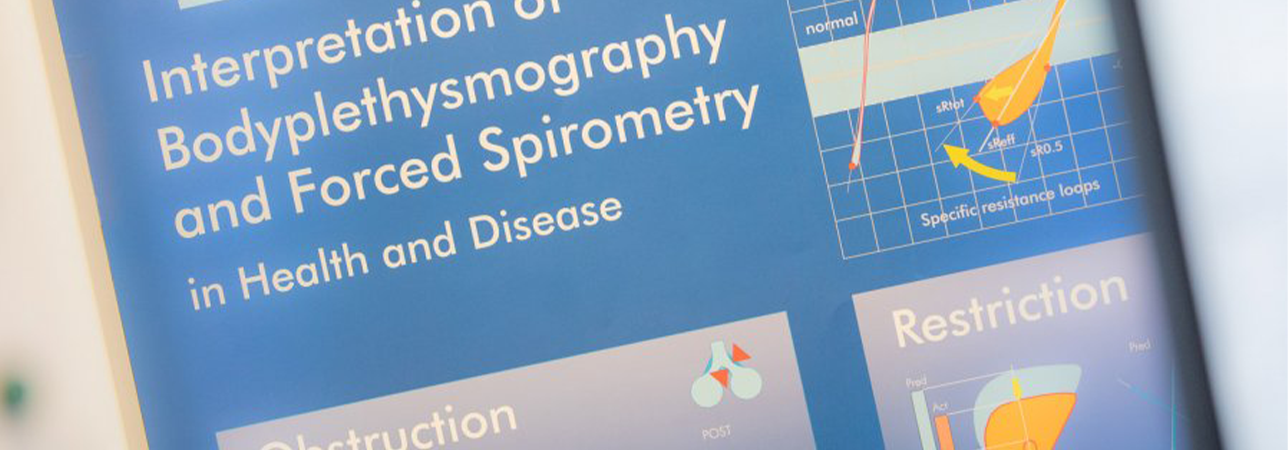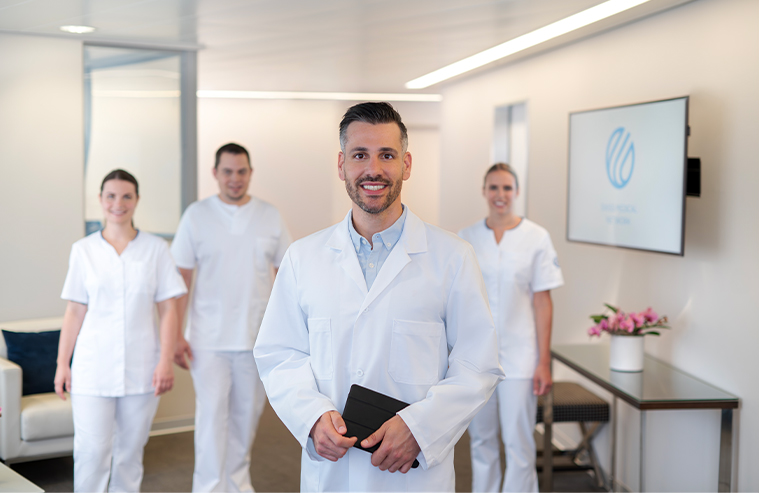-
Centres
back
Centres
- Specialties
- Medical directory
-
Patients & Visitors
- About us
-
Centres
back
Centres
- Centre for Complementary Medicine
- Centre for Conservative Orthopaedics
- Centre for Internal Medicine
- Centre for Neural Therapy
- Centre for Neurology
- Centre for Pain Medicine and Interventional Pain Therapy
- Centre for Psychiatry
- Centre for Rehabilitation and Physical Medicine
- Centre for Rheumatology
- Pain consultation in Liestal
- Physiotherapy centre
- Specialties
- Medical directory
-
Patients & Visitors
- About us
close search


